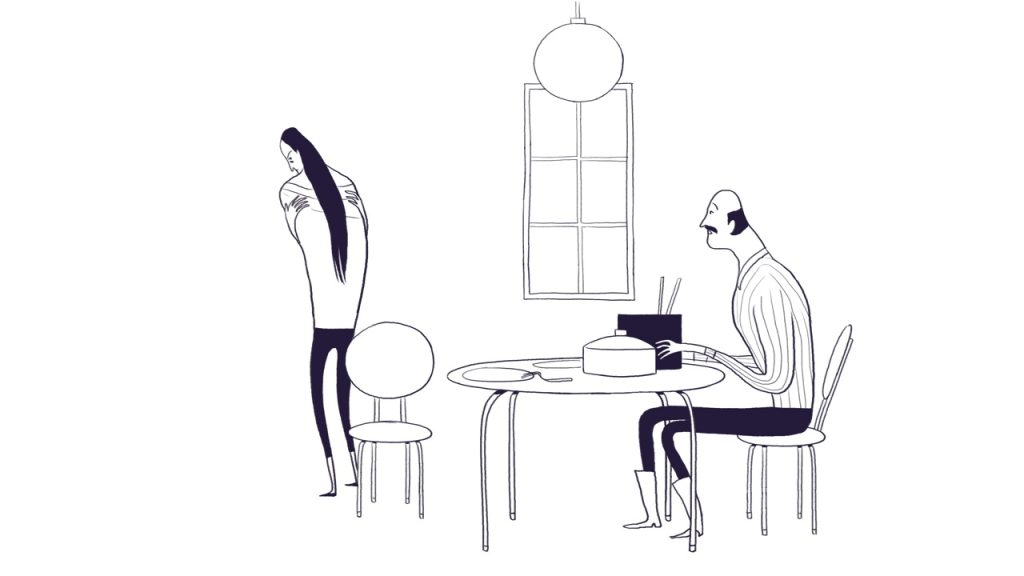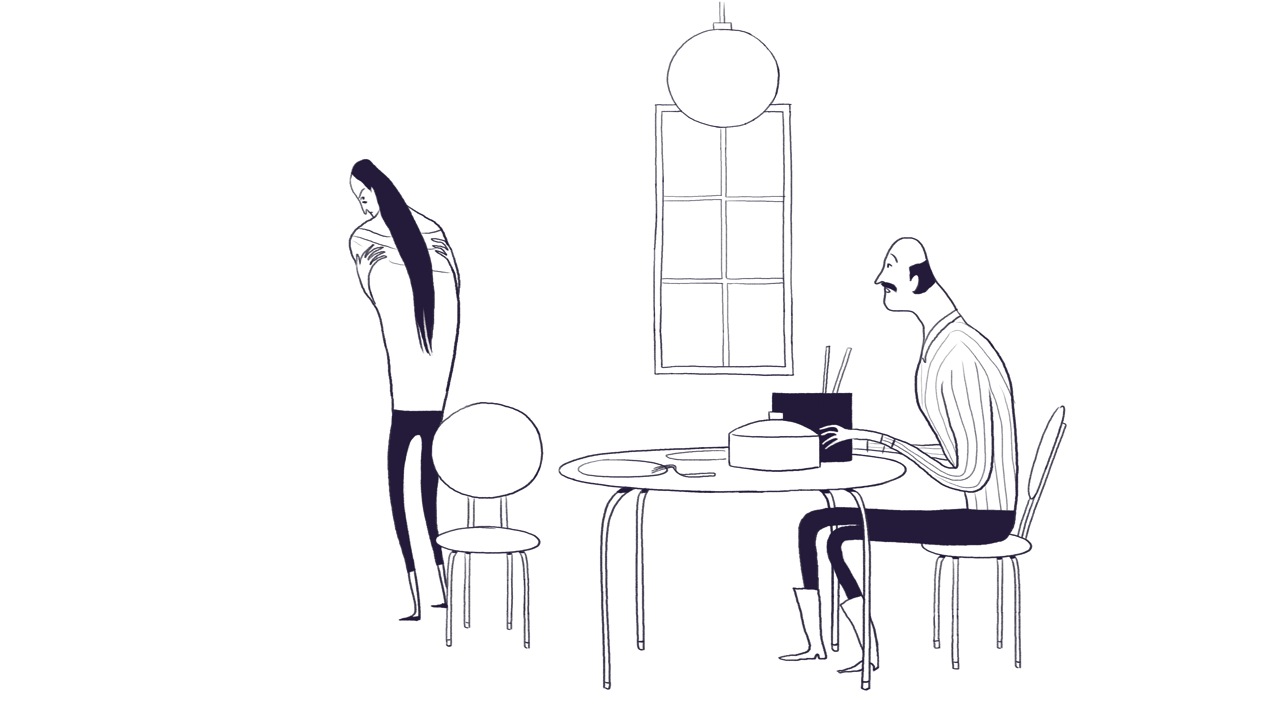How to Spot if Someone Is Addicted to Drugs or Alcohol

You may be asking yourself whether or not your loved one has a problem with alcohol or drugs. It is not an easy question to answer, as there are almost as many definitions of problem use as there are experts.
*This post originally appeared on our Member Site blog, where experts respond to members’ questions and concerns. To take advantage of our current special offer and get full access to the Allies in Recovery eLearning program for families, click here.
.

Ask yourself, “is my loved one’s use causing problems?”
The problems may be subtle ones. For instance, perhaps your loved one’s pot smoking causes her not to finish tasks. Or maybe she is so passive she doesn’t even start that task. Is your loved one overly focused on alcohol or a drug, to the detriment of other things in their life?
My hunch is that if you are reading this article, there is something seriously wrong with your loved one’s behavior around drugs and alcohol. There will be little doubt in your mind that their problem is so serious that solving it is going to involve abstaining from alcohol and drugs.
In a previous post looking at what triggers people to use drugs and alcohol, I asked you to list the signs that tell you your loved one is using or drinking, for example when he smokes pot his left eye droops. There is an exhaustive list of signs and symptoms by drug in the Supplement section of the Allies in Recovery membership site.
The three stages of addiction to drugs or alcohol
Once you know they’re on something and you’re concerned they may be addicted to drugs or alcohol, you may want to identify what stage they are in. I see three stages to any drug and alcohol problem:
- “There is no problem.” Your loved one has no intention of stopping. You might say that they “use with abandon.”
- “There may be a problem.” In this stage your loved one has noticed that taking a drug or drinking may be a problem so they start making changes to their behavior, like switching to wine from hard liquor or only doing cocaine on weekends.
I like to think of these changes as small experiments in getting sober. They often don’t work because the problem is actually bigger than they first realize. BUT these experiments provide critically important opportunities for learning about their addiction. With each successive failure, these experiments provide a growing recognition that the problem is bigger and harder to resolve than they first thought.
- “I’ve got to stop this.” The third stage is when they get that resolve and commit to stopping. Now they’re having periods of abstinence. Perhaps they have even long periods, with maybe the rare and ever briefer relapse. They may also show an emotional commitment to living a sober life. As the relapses get shorter, abstinence gets longer, and finally there is abstinence without relapse.
Remember, it’s a process
The bad news is that some people will get to Stage 3 and resolve to stop, only to give up and go back to using with abandon or to ineffective efforts at controlling their use as described in Stage 2. This is what makes drug and alcohol problems so confounding and infuriating.
Yet I don’t believe all is lost if you see your loved one going backwards. When they’ve recognized the need to quit once (Stage 3), they never entirely forget the problem is serious, even as they slide back to what looks like use with abandon or smallish efforts at control.
Somewhere in their thinking is the knowledge that the alcohol or drug is the problem. Knowing how to react to your loved one, you can help move them more quickly towards Stage 3 again, and a resolve to quit. That is what we teach family members to do here at Allies in Recovery. Learn more about how we can help.
